Are you thinking about mobile home park living where you own the land? This choice blends the perks of traditional home ownership with the affordability and simplicity of a mobile home. They, often called Resident-Owned Communities (ROCs) or Co-op Communities, offer unique benefits and considerations. Here’s a list of key points you should know:
1. Ownership ROCs and Benefits
In Resident-Owned Communities (ROCs), the big deal is that everyone owns a piece of the land. It’s not just about your mobile home; it’s about owning the ground it sits on, too. This setup is a game-changer. In traditional mobile home parks, you might own your home, but you rent the land. That can mean uncertainty with rent hikes or moving if the land gets sold.
But in a ROC, you’re part of a community that owns the land together. It’s a bit like a club where everyone has a stake. This means more control over your living space and the area around it. You and your neighbors decide together, from how much rent (or fees) to charge to what color to paint the clubhouse.
Owning the land comes with cool benefits. For starters, it adds a layer of security. There are no surprises with your land rent because there aren’t any. It also means you have a say in what goes on, giving you more control over your environment.
2. Costs and Financing
Now, let’s talk money. Joining a ROC isn’t like buying a regular house, but it’s not complicated either. First up is the initial investment. This is like buying a membership to this exclusive land-owning club. You’re purchasing a share of the community. This can vary in price, but it’s an important step to becoming a landowner.
Then there’s the monthly maintenance fee. Think of this like a club membership fee. It covers things like the upkeep of common areas, road repairs, and maybe even some fun community activities. These fees are essential to keep everything running smoothly.
Financing your mobile home in an ROC can be easier than in a regular park. Banks often see these homes as more secure investments because you own the land. This can open up better mortgage options than if you were renting the land.
Lastly, there’s the resale value. Homes in ROCs can be worth more than those in traditional parks. Why? Because when you sell, you’re not just selling a home; you’re selling a home with land. And in the world of real estate, land is a big deal. This can mean a better return on your investment when it’s time to move on.
3. Community Involvement and Governance
In this community, everyone gets a say. It’s not just about living there; it’s about being part of the decisions that shape the place. Residents have a real voice in how the community is run. This could mean deciding on pet policies, planning a neighborhood barbecue, or even bigger stuff like budgeting for road repairs.
The residents set the rules in ROCs. These could be simple things like quiet hours or more complex policies about home improvements. The key is that these rules are made by the people who live there, not some distant landlord. This means the rules make more sense for the way residents live.
Now, how is all this organized? Most ROCs are run like cooperatives or condo associations. This means they have elected boards and regular meetings. Think of it as a small democracy right in your neighborhood. Everyone gets to vote on important issues and can even run for a position on the board.
Active participation is crucial. It’s what makes these communities tick. It’s not just about paying your fees and living your life; it’s about contributing to the community’s well-being. That could be anything from helping to organize events to serving on a committee. It’s this involvement that builds a strong, connected community.
4. Stability and Security
One of the biggest perks of living in a ROC is stability. Since you own part of the land, you’re not at the mercy of a landlord. That means no unexpected rent hikes or being told to pack up and leave. This kind of security is a big deal, especially in today’s unpredictable housing market.
Stable monthly costs are another benefit. In a traditional mobile home park, rent can increase yearly. But in a ROC, the fees are decided by the residents. This means they’re more likely to stay manageable. Since everyone’s in the same boat, there’s a shared interest in keeping costs down.
Owning the land adds another layer of stability. It’s an investment that can grow over time. Plus, it gives you a solid foundation (literally) in the community. It’s not just a place to live; it’s a place where you have roots. And in a world where things are constantly changing, that stability can be an absolute comfort.
5. Community Life and Amenities
Life in this community is all about being part of something bigger. It’s not just your home but your neighborhood and community. And a big part of that is the social side. Think potlucks, game nights, or maybe a community garden. These activities bring everyone together, creating a friendly, close-knit vibe. It’s like having a big extended family right outside your door.
Then there are the amenities. These can vary from one ROC to another, but they often include things like a clubhouse, pool, or playground. Some even have fitness centers or event spaces. These aren’t just nice extras; they’re places where neighbors become friends and where community ties are strengthened.
The way people interact in ROCs shapes their lifestyle. It’s more than just living side by side; it’s about sharing experiences, helping each other out, and building a community together. This can make life in an ROC feel more connected, vibrant, and fun.
6. Maintenance and Responsibility
In a ROC, everyone pitches in to keep the place looking good and running smoothly. This shared responsibility covers things like mowing the grass in common areas, keeping the pool clean, or fixing the roof of the community clubhouse. It’s a team effort.
This cooperation is vital. It’s not just about saving money on maintenance; it’s about building a sense of ownership and pride in the community. When everyone does their bit, it helps create a place everyone’s happy to call home.
Balancing individual and communal responsibilities is essential. Yes, you have a home to look after, but you’re also part of the bigger picture. This means sometimes helping with a community project or serving on a committee. This balance of looking after your own space and contributing to the community makes ROC living unique. It’s about being a good neighbor in every sense of the word.
7. Choosing the Right ROC
Picking the right Resident-Owned Community (ROC) is like choosing a new pair of shoes. You want something that fits well and suits your style. When looking for your perfect ROC, there are a few key things to consider.
First, consider the community size. Do you want a cozy, small neighborhood where everyone knows each other? Or do you prefer a larger community with more activities and amenities? Size affects the place’s vibe, so think about what makes you feel most at home.
Location is another big factor. Maybe you want to be near the beach, or perhaps you prefer the quiet of the countryside. Some folks like being close to cities and all the hustle and bustle. Think about where you’d love to wake up every day.
The diversity in a ROC can be a huge plus. Communities come with all sorts of folks – different backgrounds, ages, and lifestyles. This mix can make life more exciting and fun. It’s like a tapestry – the more colors and patterns, the richer it is.
Lastly, checking out the community rules and seeing if they fit your lifestyle is crucial. Some places might have strict guidelines on pets or home improvements, while others are more laid-back. You want to make sure the rules match how you like to live. After all, this will be your home, and you want it to feel just right.

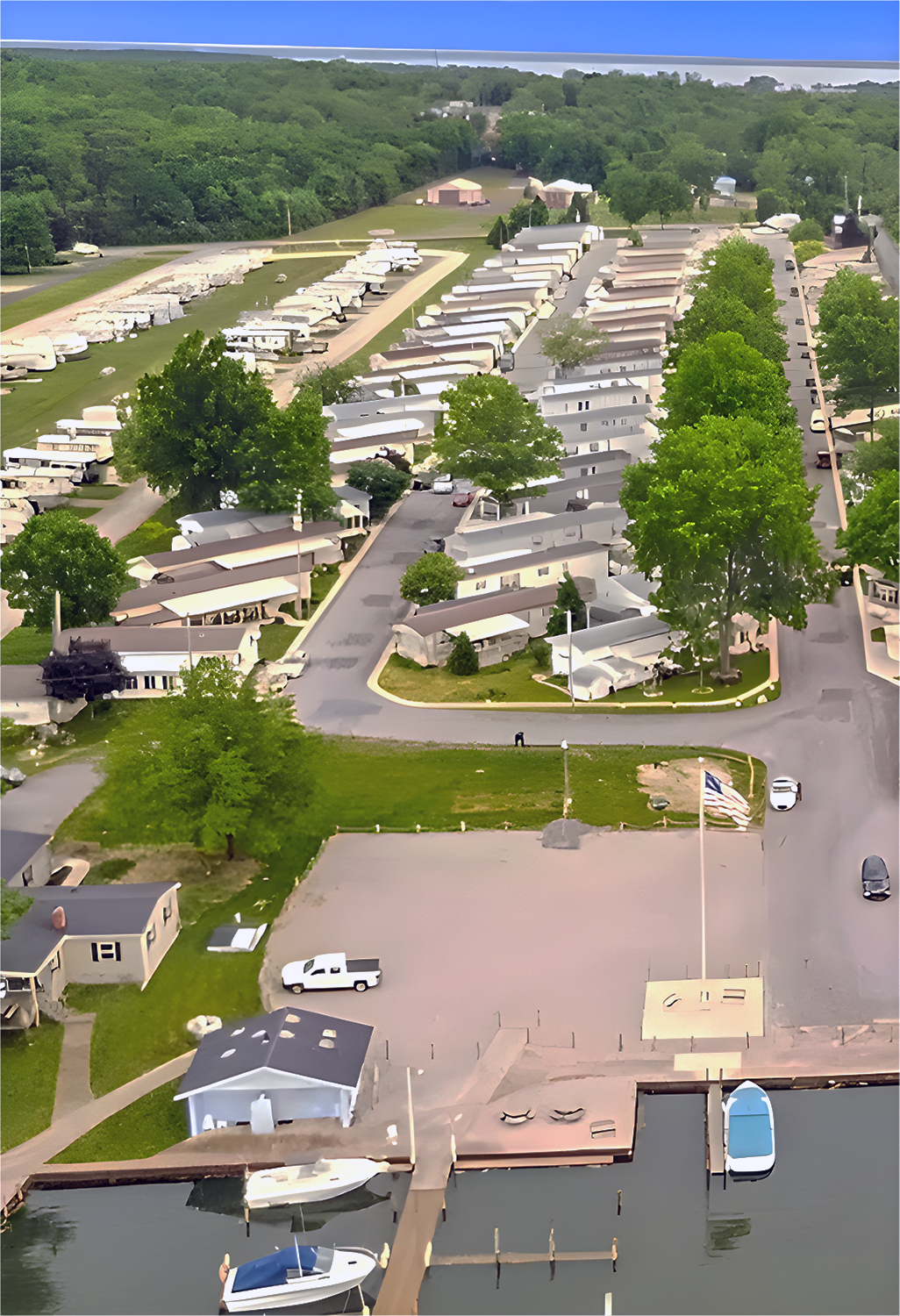
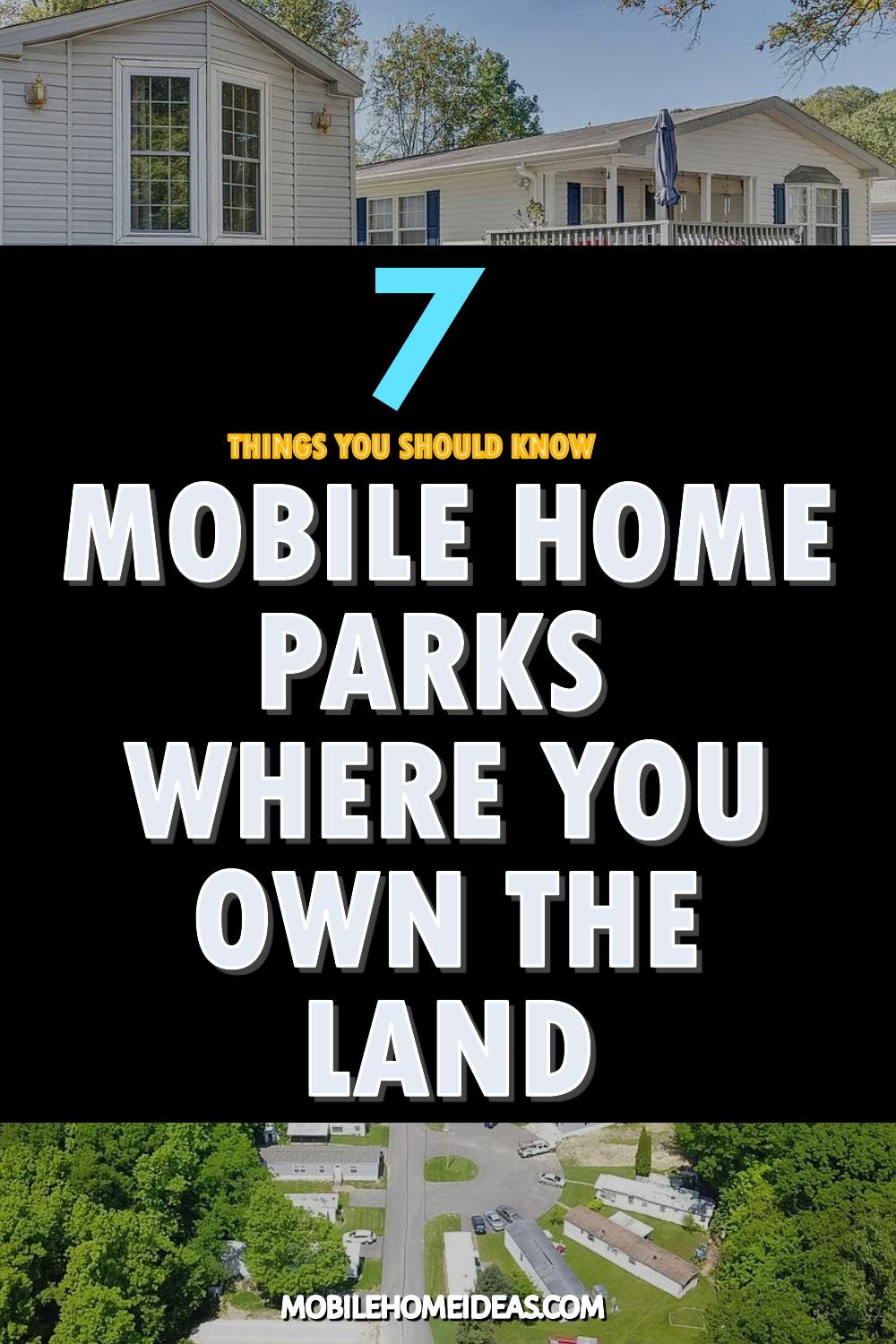
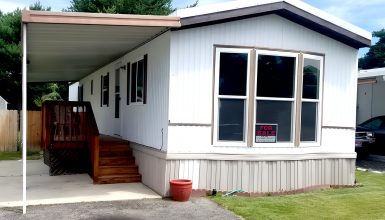
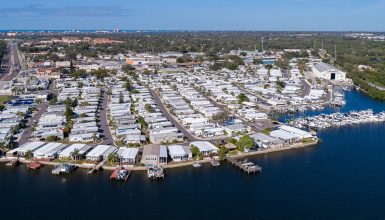
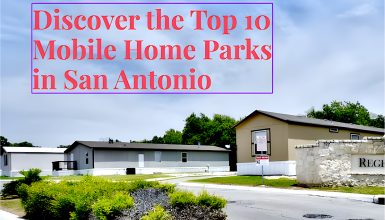
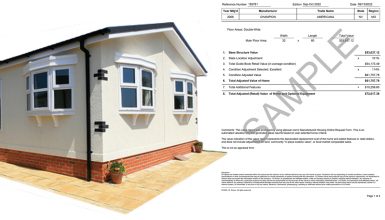
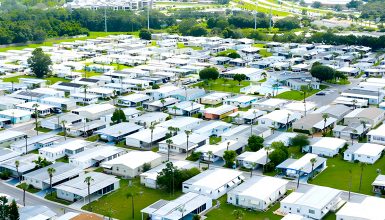
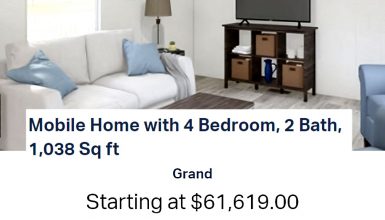
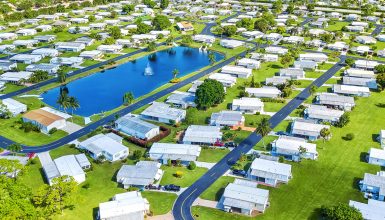

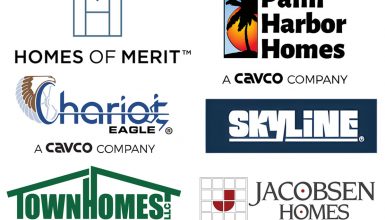
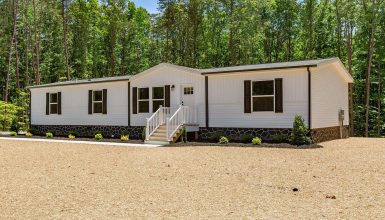
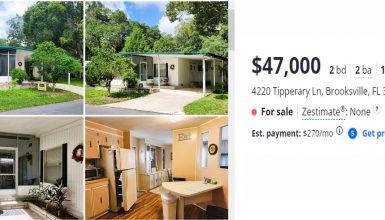
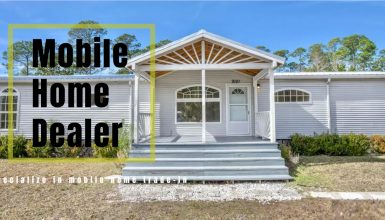
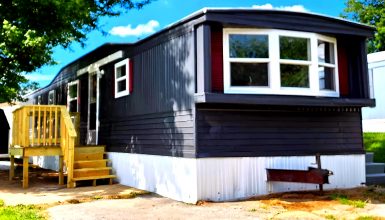
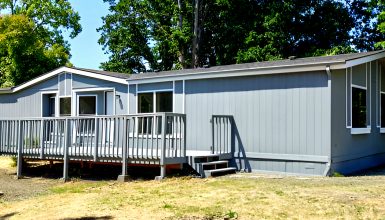
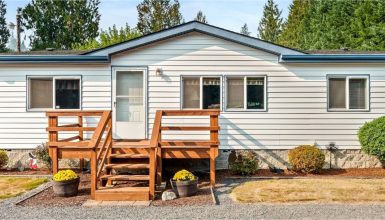
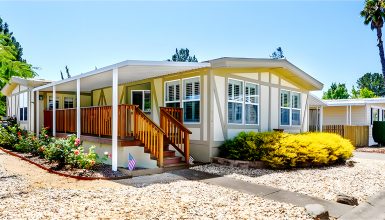
Can you give me a list of manufactured homes in Florida.
Please check out this site: myfloridamanufacturedhome.com